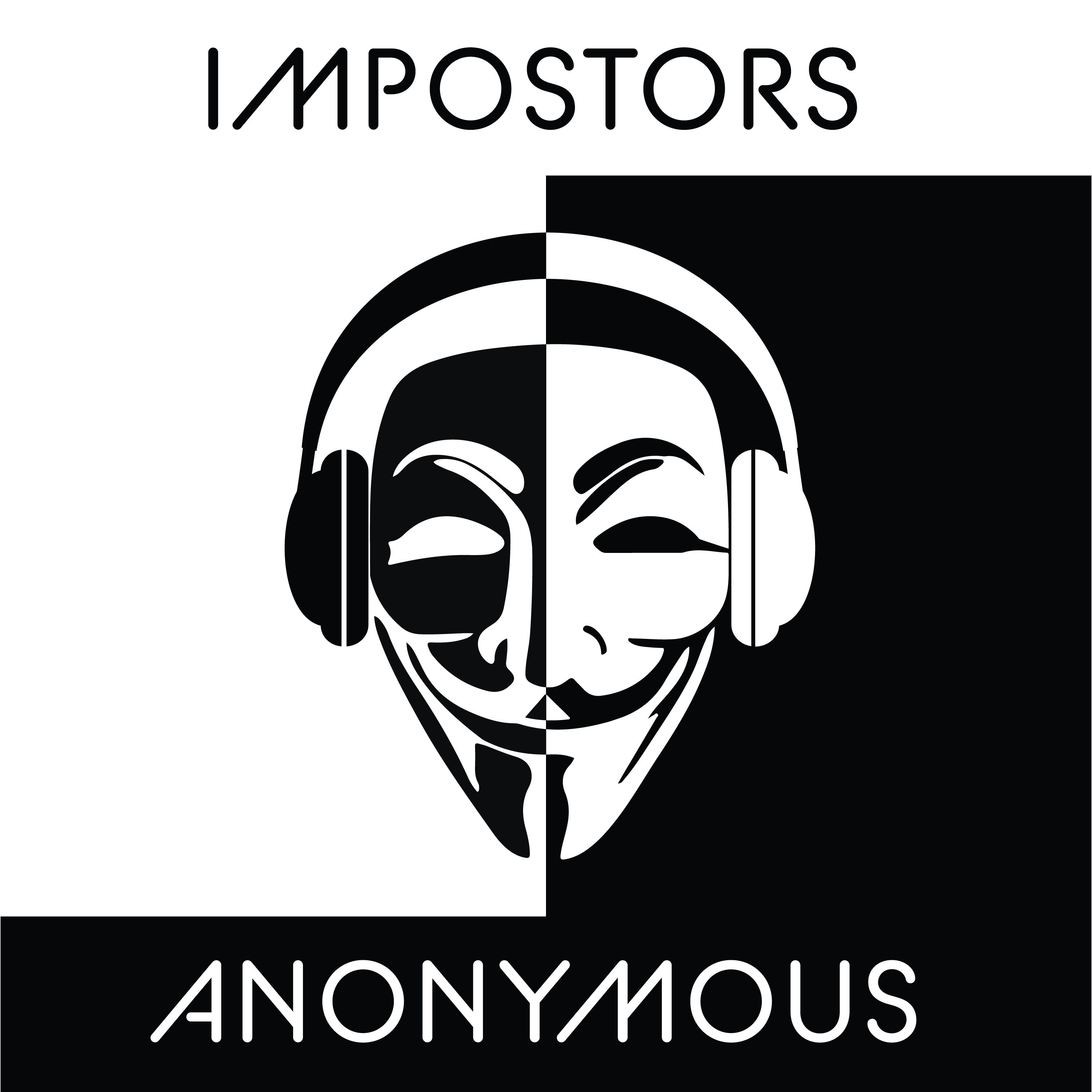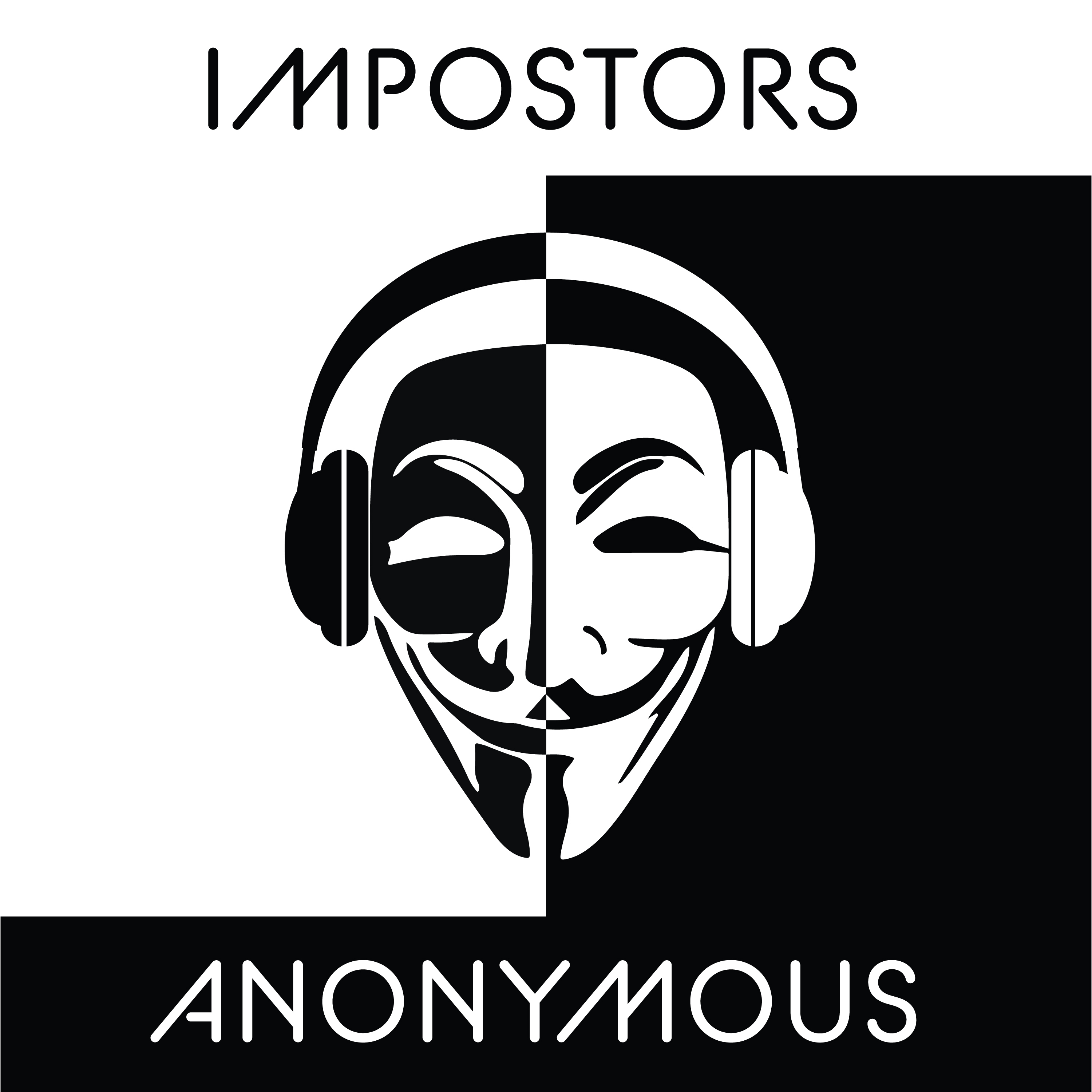Episode 6
Green Is Not a Creative Color
Chloe and Brandon take aim at some of the common misconceptions and cultural norms that give the creative realm an ironically, and maybe unnecessarily, tragic edge. Along the way, they share their perspectives on range of topics including:
- the significance of being an only child and playing alone
- the relationship between imagination and creativity
- the prevalence of impostor syndrome in creative spaces
- the case for universal basic income
- what anonymity would do for the artistic landscape
- the dangers of a refined critical eye
- the deep need for more collectivism in art, culture, and politics
- "bad" art
- comedy vs tragedy
- the evolving role of comedy in society
- the limitations of cancel culture
and much more!
If you've found this project valuable, check out the new extension of Impostors Anonymous at impostorsanonymous.substack.com where you can find additional content and even submit your own work to be shared, anonymously of course, with the IA community.
Notable mentions:
Mark David Chapman - the man who actually murdered John Lennon
John Baldessari - one of Chloe's favorite artists
Looking Backward by Edward Bellamy
Slaughterhouse-Five by Kurt Vonnegut
Do the Right Thing - directed, written, and produced by Spike Lee
The title of this episode, "Green is Not a Creative Color", references the surrealist comedy/horror web series, "Don't Hug Me I'm Scared", that features a mind-bending episode about creativity.

